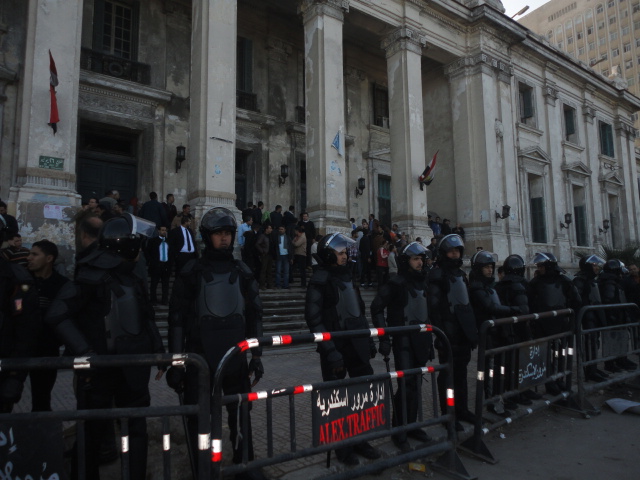DES MOINES: Visitors from other states and other countries are often surprised to learn that Iowa is not entirely flat and that there is more to the state than cornfields. Perhaps our most intense exploration comes every four years as presidential candidates make their case to the nation by getting to know us first. Those living outside Iowa are perplexed by this political dance, but if an Iowan hasn t spoken face-to-face with at least three candidates before the general election, then they have been in hiding.
I say all this because in Iowa we are hearing from candidates about how America should be more of a leader in instilling hope and bringing peace to the world. As a Christian pastor, I couldn t agree more. After listening to several election news stories on National Public Radio a few months ago, I caught an interview with Eboo Patel, a young Muslim visionary. He created the Interfaith Youth Core, an experiment on its way to becoming a movement. Its intent is to bring youth from many faiths together to serve others. I was stunned by the genius of the idea and immediately purchased his book, Acts of Faith.
Two years ago, Walnut Hills United Methodist Church, where I serve as senior minister, completed a process to develop our vision for ministry for the foreseeable future. I didn t know what to expect from that process, but the result was a set of principles through which we intend to express our faith – social justice, deep spirituality and at the head of the list, interfaith partnership. Our vision wasn t just to be nice to people of other faiths, but to define our Christian journey through significant relationships with Muslims, Jews, Hindus, Buddhists, Unitarians and so forth.
When I heard about the Interfaith Youth Core s conference in Chicago at the end of October, I invited our director of youth ministries, Julie Stone, to join me in participating.
The 500 participants represented every age group, every mode of dress, every accent and every religious affiliation. The meals were carefully planned to fit the dietary needs of such an array of faiths. The prayers and rituals that preceded each meal were as varied as the languages in which they were recited.
But that was not my first impression. My first impression was that these differences did not matter. Oh, of course it matters to us in our individual faith experiences. We eat foods, pray prayers and perform rituals that give us greater clarity in our own Hindu, Muslim, Jewish or Christian calling.
But when we were all together, it was amazing to me how quickly we found ways to be open with one another and just how quickly the differences were perceived as gifts and not barriers. For this recognition to occur, however, we must all be together.
I remember one night when Eboo introduced a speaker for whom he had a great deal of admiration. He said that in the Muslim world this man has a very large following. His name is Shaykh Hamza Yusuf. Julie and I looked at each other. We had never heard of him, but as we listened to Yusuf, we became marvelously encouraged and joyful. In a world that sadly is far too eager to expose the flaws in various religious traditions, here was a man sharing the same hope for the world from the Muslim perspective that we carry within us as Christians.
On the bus to the hotel we expressed our ignorance about Yusuf to a Muslim woman we had just met. She was kind enough to tell us more about him. As was often the case with this gathering, we discovered another area about another faith tradition where we simply couldn t be ignorant anymore. I think there is great promise when we live fully our faith journeys in partnership with those of other faiths.
At the closing luncheon, Julie and I were seated with several young people – two Jews, three Muslims and a Buddhist. The Buddhist young man told us how glad he was to have met us over lunch. He said he wanted to take our photo. I thought to myself how meaningful it was that he wanted to remember two Christians he had met.
Oh no, he replied, he knew plenty of Christians; however we were the first people he had met from Iowa.
Doug Petersis a Christian pastor, songwriter and essayist. This article is distributed by the Common Ground News Service (CGNews) and can be accessed at www.commongroundnews.org.

